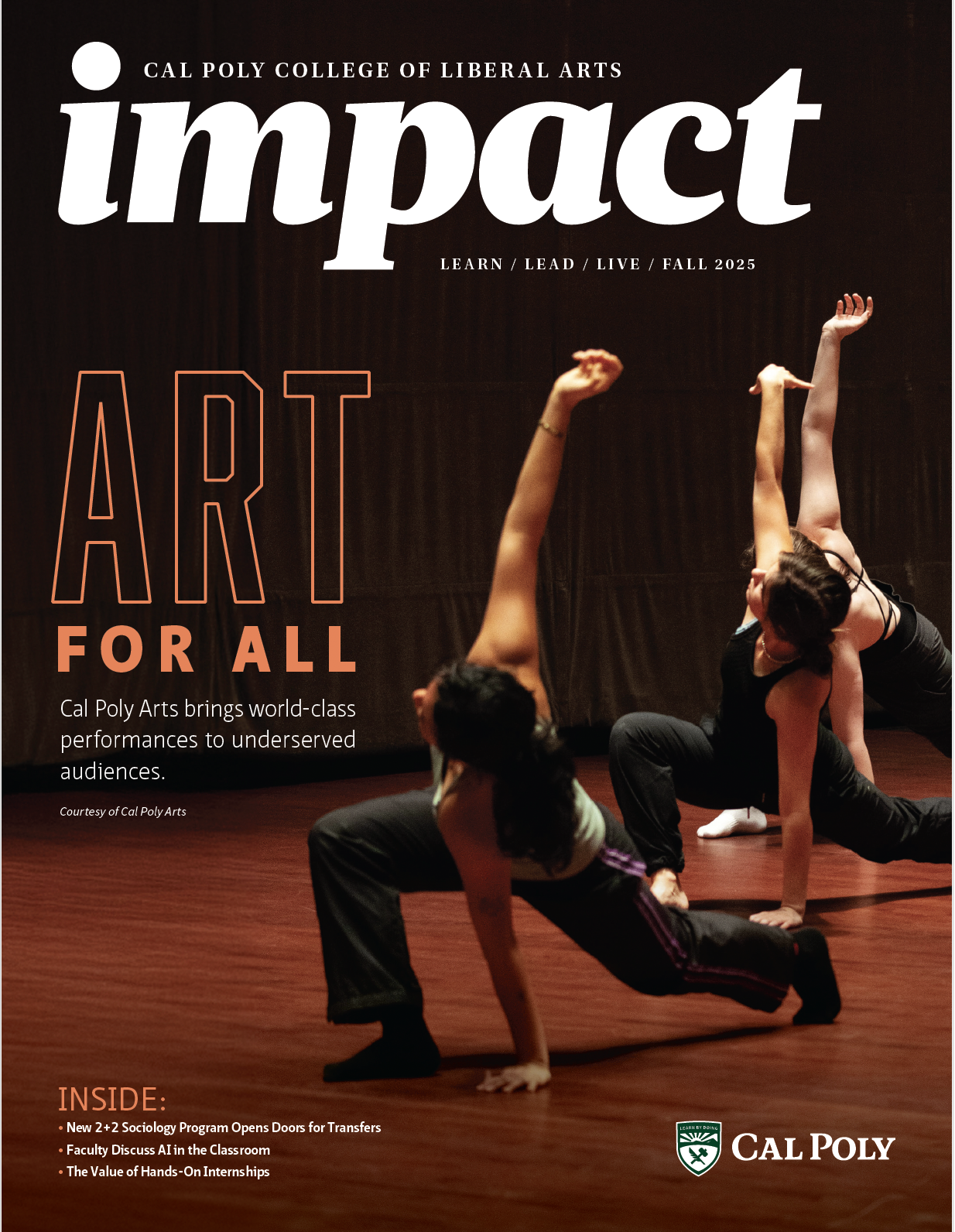From Student to Global Intern
By Nicole Troy

Nico Julia
Last summer, third year student Nico Julia had the internship experience of a lifetime at the French Embassy in Serbia.
Drawing on knowledge from his three majors — political science (with a focus on global politics), environmental geography and Spanish — and two minors in French and statistics, Julia positioned himself as uniquely qualified to support François-Xavier Kowandy, the scientific and university attaché for the French Embassy in Serbia.
Julia spent the summer abroad working on several projects for Kowandy ranging from website development to promoting a sustainability contest to networking with international scientists and researchers on behalf of the French government.
We sat down with Julia to learn more about how he created a personalized internship experience and what he learned along the way.
Last summer you had the ultimate global Learn by Doing experience. How did you hear about this internship and why did you apply?
There was no application process for this internship. I saw some of the projects Mr. Kowandy was working on for the embassy in the Balkans and I liked that they were fostering international collaboration through environmental projects. This was a good intersection of what I study at Cal Poly, so I cold emailed him about it, to which he answered, “I do not take interns.”
Of course, I was not going to give up. I emailed him back saying I would make a website for his projects. This was enticing because it costs a lot of money for the French government to make a good website within the means of the bureaucracy that they operate in; so, he jumped on the opportunity to get a website done quicker and cheaper by a single person.

François-Xavier Kowandy, Julia’s coworker and
Julia in the main living room of the embassy
posing in front of the French, Serbian and
European Union flags.
How did your responsibilities evolve over the course of the summer?
I began with creating the website and finished that project within two weeks. Then, I moved onto some new projects that were more in line with political and environmental topics. My boss and my main project was developing an environmental contest in Serbia, Ekoopstina, put on by the French Embassy. The contest encourages Serbian businesses and municipalities to exchange best practices for combatting climate change.
I also wrote many articles for the Serbian people about what France is doing in terms of sustainability initiatives. Much of what I was writing was persuasive to convince Serbian municipalities and cities to use French companies and contractors for their environmental projects.
Additionally, since I was working under the director of scientific and university affairs at the embassy, at least twice a week we traveled to local universities and laboratories to foster intellectual collaboration between France and Serbia. This was interesting as I got to speak to leaders in their fields and connect them to other elite institutions in France.

Julia and Kowandy on French Independence
Day in the gardens of the embassy.
What was your favorite part of this experience?
There was a lot I enjoyed about the experience, but it was really cool to travel during the summer and visit the Balkans while meeting researchers and scientists. I had the opportunity to go to Croatia, Romania, Bulgaria and Poland and also travel within Serbia. Being able to visit all these places while doing environmental advocacy is close to what I would like to do for my future career. Even though I have been focused more on political science during college, I enjoy most STEM topics. This summer was a good mix of my passions.
Working in an embassy also leads to a lot of fun parties and events. For example, I went to the unveiling of a new postage stamp signifying the long-lasting friendship between France and Serbia, where I received some free, limited-edition stamps. I also went to a big party at the embassy for French Independence Day with a lot of impressive people on the guest list, including the Serbian Prime Minister.
How did your Cal Poly classes prepare you for this role?
Many of my political science classes helped me write in a persuasive manner in favor of a policy. For a lot of my work, I had to read very long and technical reports on environmental projects and then synthesize them to make them easier to read. Additionally, background that I gained in classes like GEOG 350: Global Environment or GEOG 324: Climate and Humanity helped me process these papers better — especially when it came to exact names of harmful environmental chemicals and other complex terms.
As you reflect on this experience, are there any parting words you’d like to share with students?
I want to emphasize that I did not necessarily apply for an internship that I wanted, but rather I put forth my skill to make myself attractive to the embassy. Once I finished the initial task I was hired to do, I could work on projects more in line with the kind of work that I am interested in doing and that provided me with a much more robust experience. I think this is an important lesson for students to take away. If you can secure an opportunity that may not be exactly what you want, you can still make the most of it.

